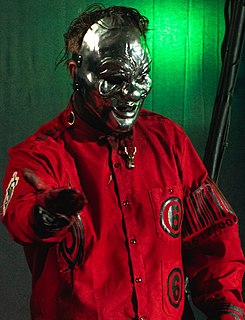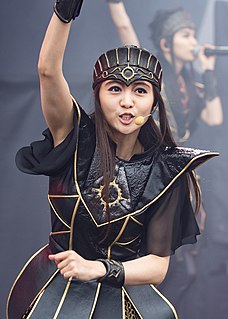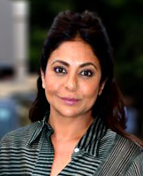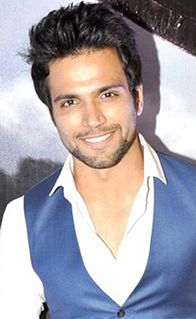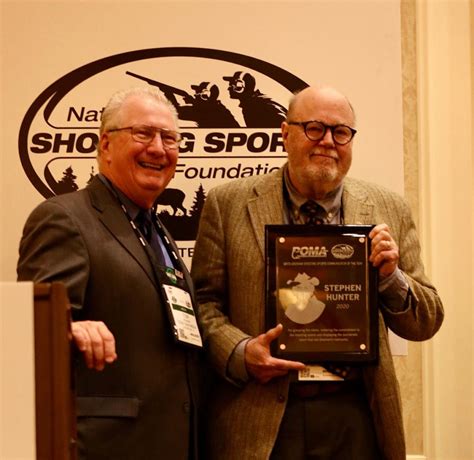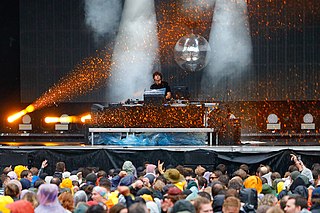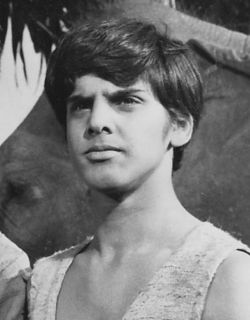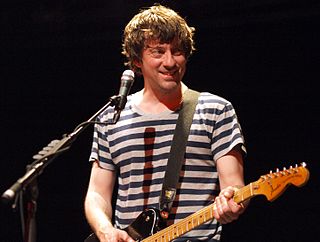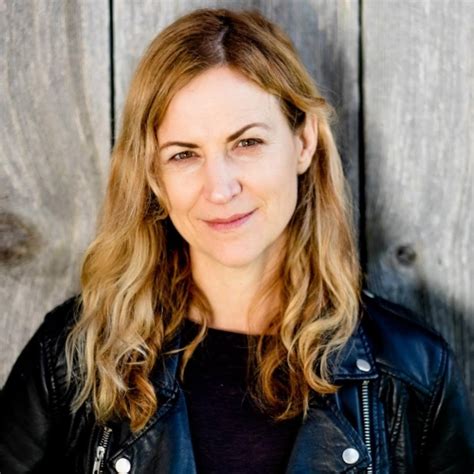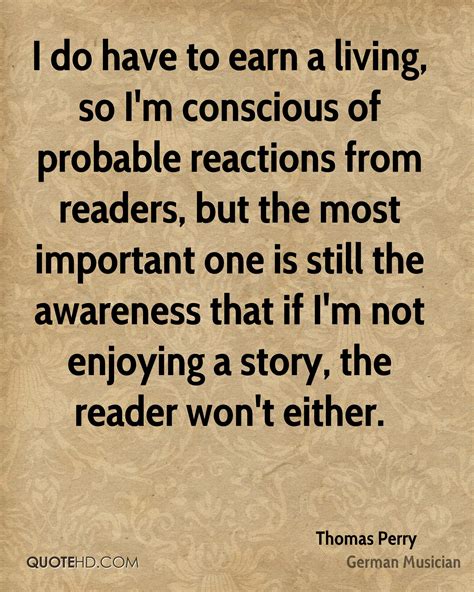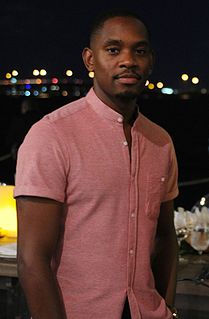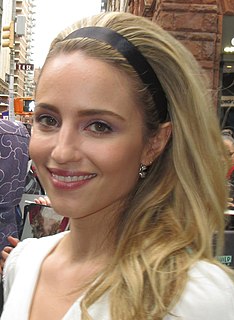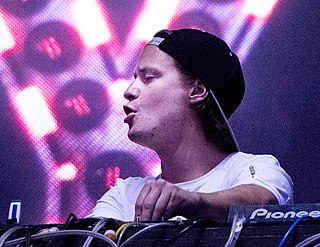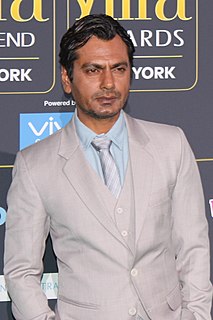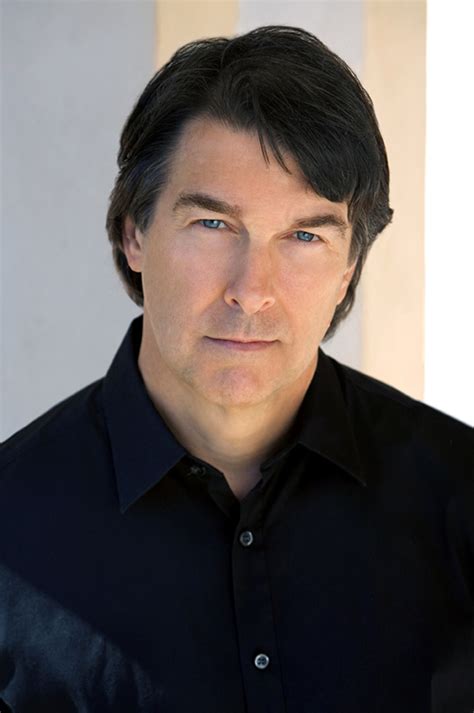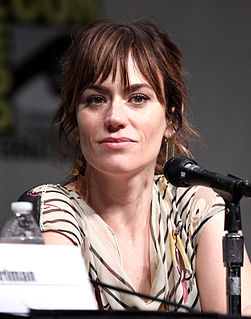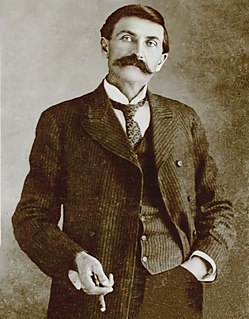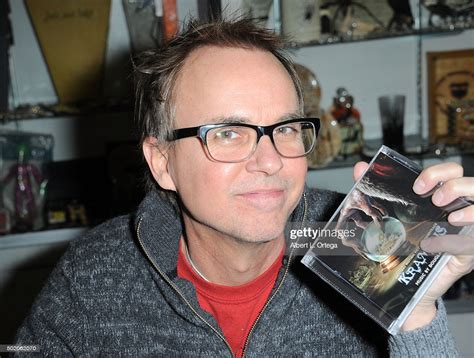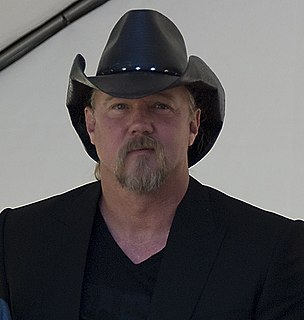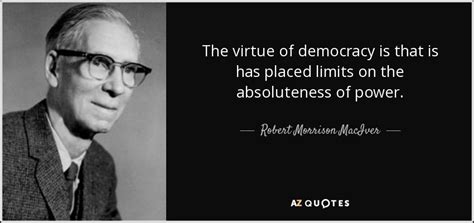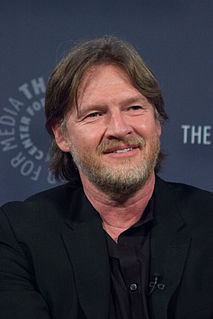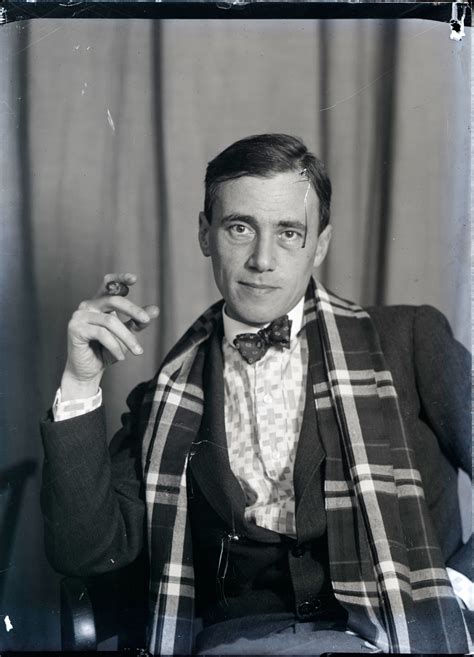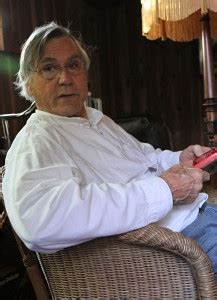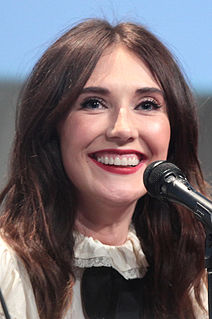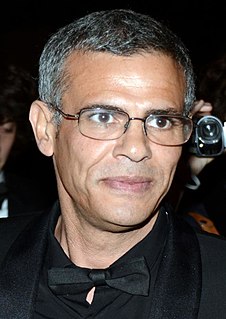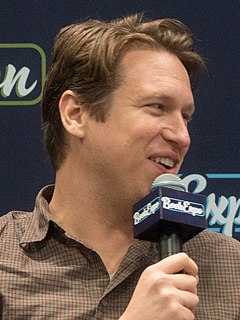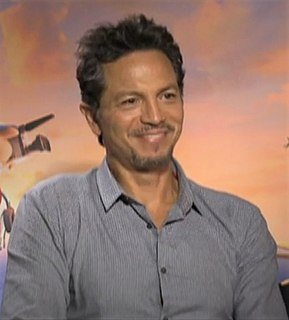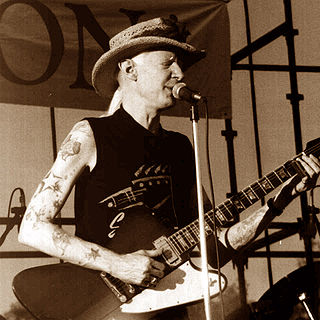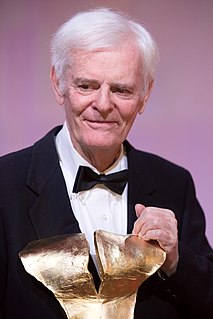Top 1200 Film Festival Quotes & Sayings - Page 20
Explore popular Film Festival quotes.
Last updated on November 7, 2024.
My job is to make a film that can sit as a standalone piece, that if it's the only Marvel film you see, it's a great film with a great story in and of itself. The lucky thing is that there's a bunch of geniuses who run Marvel that make sure, even if it's a standalone piece, that it's part of a great big jigsaw puzzle that could be appreciated as a whole as well.
I don't make movies. I don't feel that I have to have artistic control. Part of this comes from the fact that the book lives on no matter what Hollywood does to your novel in terms of a film. Now, you try to be careful who you allow to do your film because nobody wants their novel to become a turkey movie. But, on the other hand, it is a crapshot anyway, because even the best people can make a bad film.
I'm planning some films in the U.K., and it will have pros and cons. It takes a lot more time to set up a film in the U.K., because you can't rely on much. In Greece, friends show up and bring what they can and you make the film. Well, that's a bit simpler than how it really is. But when you make a film with proper industries, it takes more time to synch all these things.
I was playing in a band and was approached to score an independent film. I had never done it, but had written instrumental music, so I figured I could do it. Turns out I loved scoring the film, and took on another couple films before realizing that if I was to be an effective narrative composer, I should study the craft of composition. I stopped taking projects and got a degree in orchestral music composition, and followed that with film scoring studies. Near the end of my degree studies, I started taking on student films as a way to get back into film scoring.
I conceive of the film as a modern art form particularly interesting to the sense of sight. Painting has its own peculiar problems and specific sensations, and so has the film. But there are also problems in which the dividing line is obliterated, or where the two infringe upon each other. More especially, the cinema can fulfill certain promises made by the ancient arts, in the realization of which painting and film become close neighbors and work together.
This film [ Blue is the Warmest Color] actually is the result of me talking with my producer Vincent [Maraval]. I gave him a bunch of ideas and then Vincent helped guide me and develop this particular film. I enjoy that rapport to have somebody else help guide me in my choices for the next film. The poetic way of looking at it is which project is going to choose me as a director.








